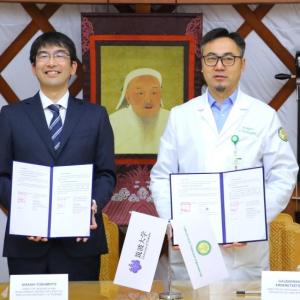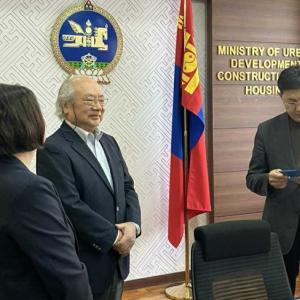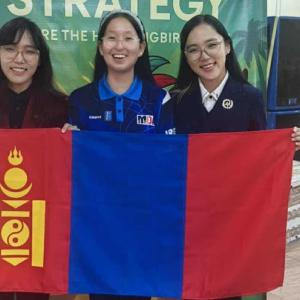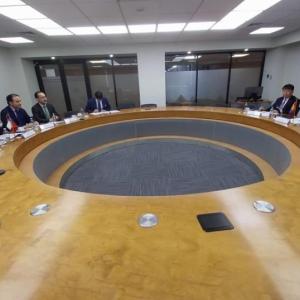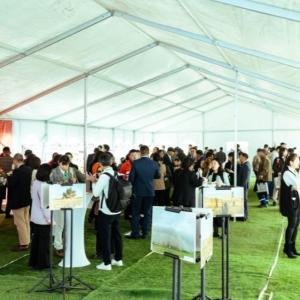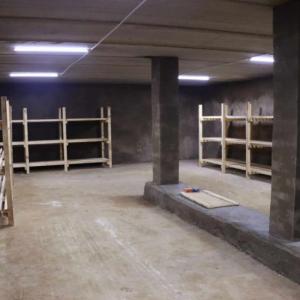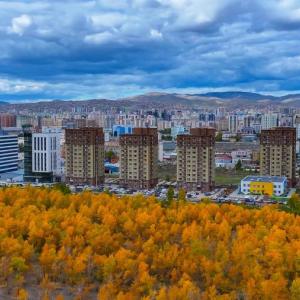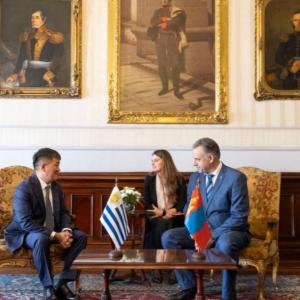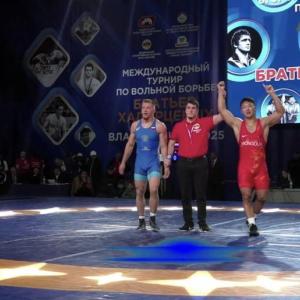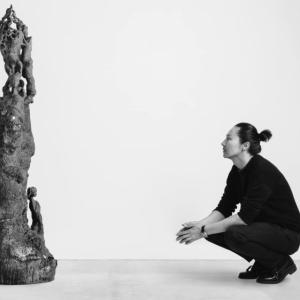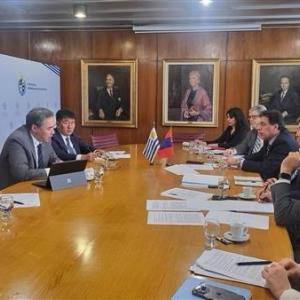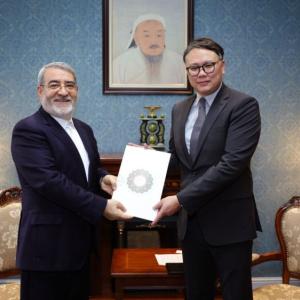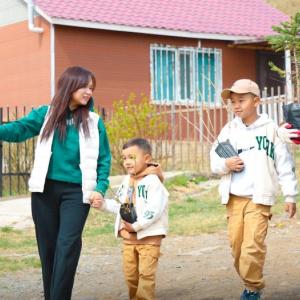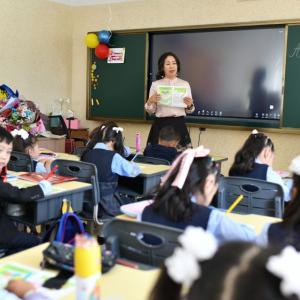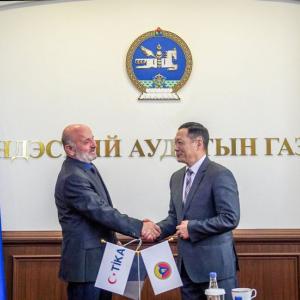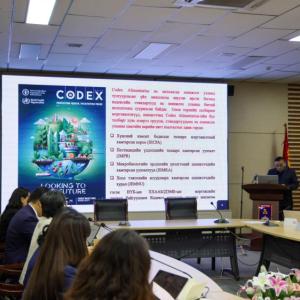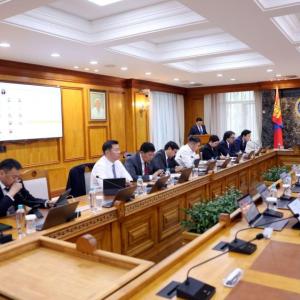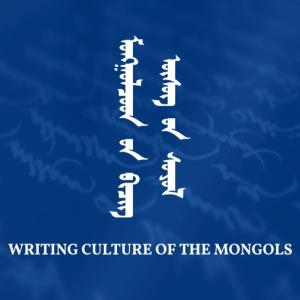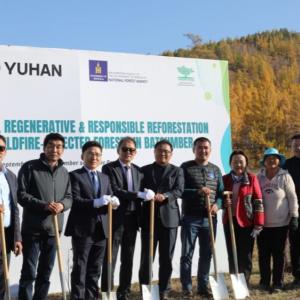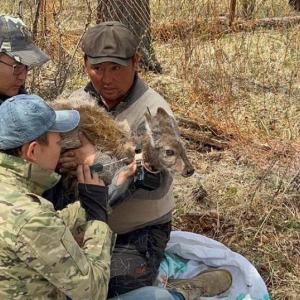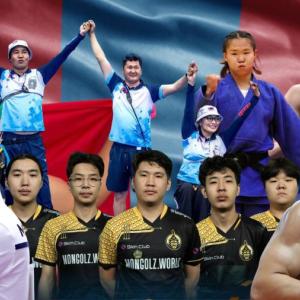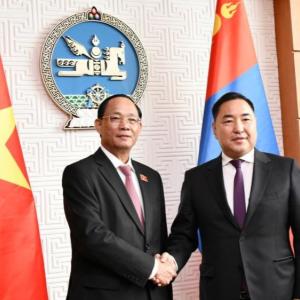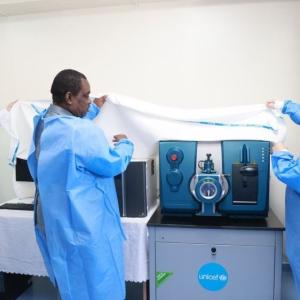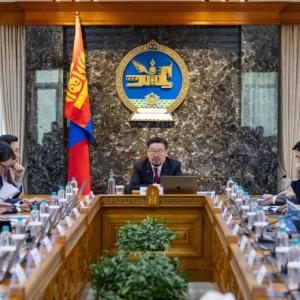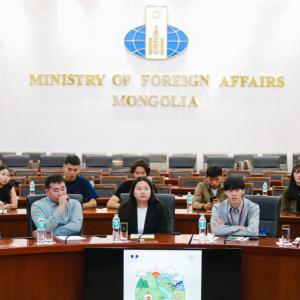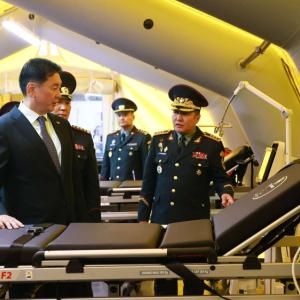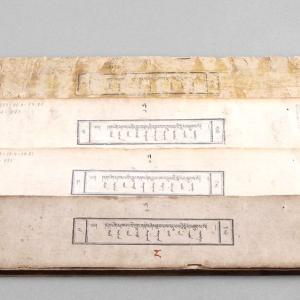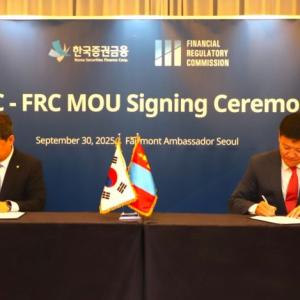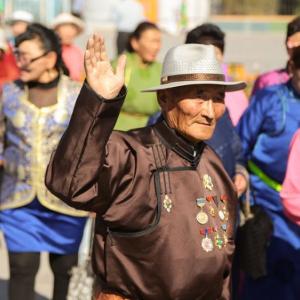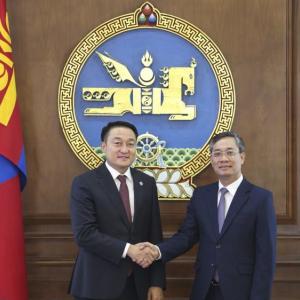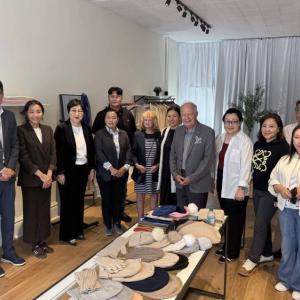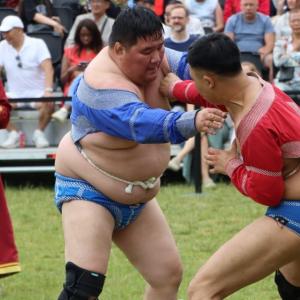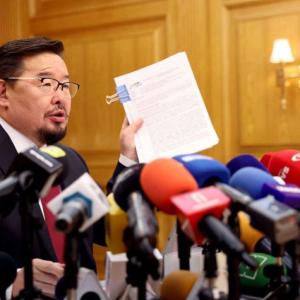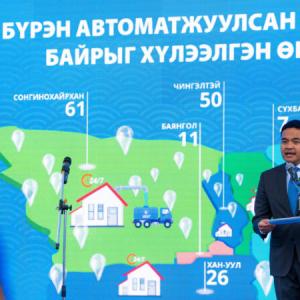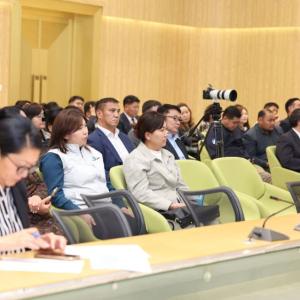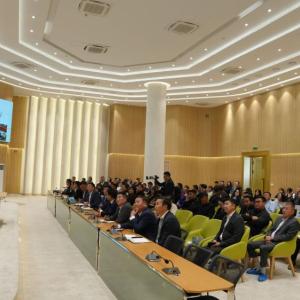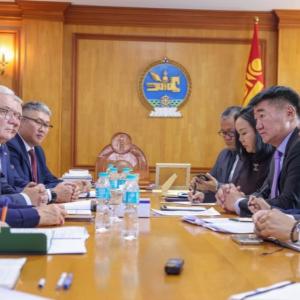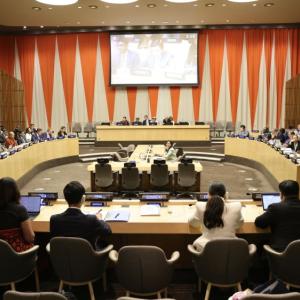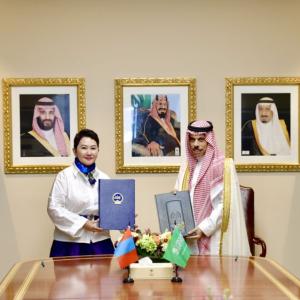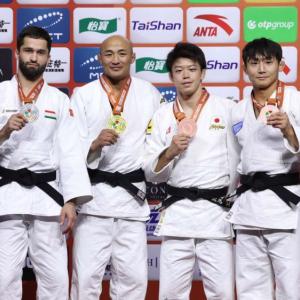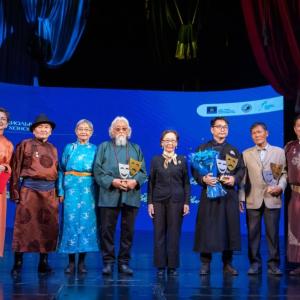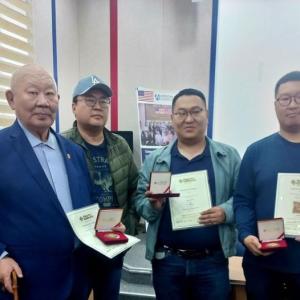S.Khurelbaatar: One thousand students will study in Japan
Society
Ulaanbaatar /MONTSAME/ S.Khurelbaatar, Former Ambassador Extraordinary and Plenipotentiary of Mongolia to Japan, is one of the diplomats who had a significant role in boosting the Mongolia-Japan relations. He has given an interview about education policies of the two countries, during events of the 25th anniversary of the Japan International Cooperation Agency's (JICA) dispatching volunteers to Mongolia.
-You have represented your country to Japan as Ambassador to the country for many years. This year commemorates 45th anniversary of establishment of the diplomatic relations between our countries. How long have you been worked on this office?
-Yes. Our countries celebrate the 45 anniversary of the diplomatic relations this year, and I was responsible for the relations with Japan for 42 years since the diplomatic ties. First, I worked in the Mongolian Embassy in Japan for 17 consecutive years under three-time appointments, and then I worked there for five years and half since 2012. I arrived home just two months ago.
-Today the 25th anniversary of the JICA’s dispatching of its volunteers to Mongolia is being marked. The organization implements many projects and programs in Mongolia’s health and education sectors and renders support. What policies are being kept between the two countries in the educational sector?
-As a young democratic country, most of the population consists of young people in Mongolia. Therefore, one of the most important factors for our country’s development is education. We are focusing more on educating the youngsters, conducting research on improving Japanese support, especially JICA’s main focus, educational system, and culture of Mongolian young people.
JICA has been preparing research program on developing specialized education and culture for every level of upper, middle and lower education, as well as for ordinary people. Aside from that, they provided material support and built numerous schools, and we all know their non-refundable aid in the educational system.
-Recent years, efforts are being made to maximize the number of Mongolian students in Japan. What is more noteworthy news about this?
-The Governments of the two countries are focusing heavily on increasing the number of Mongolian students in Japan. As of today, around 2,700 Mongolian students are studying in universities in Japan. We are maintaining a policy to increase this number further.
Moreover, a goal has been set to educate a thousand Mongolian students in Japan in five years, especially in professions of engineering and techniques that are most vital for Mongolian development.
-You have represented your country to Japan as Ambassador to the country for many years. This year commemorates 45th anniversary of establishment of the diplomatic relations between our countries. How long have you been worked on this office?
-Yes. Our countries celebrate the 45 anniversary of the diplomatic relations this year, and I was responsible for the relations with Japan for 42 years since the diplomatic ties. First, I worked in the Mongolian Embassy in Japan for 17 consecutive years under three-time appointments, and then I worked there for five years and half since 2012. I arrived home just two months ago.
-Today the 25th anniversary of the JICA’s dispatching of its volunteers to Mongolia is being marked. The organization implements many projects and programs in Mongolia’s health and education sectors and renders support. What policies are being kept between the two countries in the educational sector?
-As a young democratic country, most of the population consists of young people in Mongolia. Therefore, one of the most important factors for our country’s development is education. We are focusing more on educating the youngsters, conducting research on improving Japanese support, especially JICA’s main focus, educational system, and culture of Mongolian young people.
JICA has been preparing research program on developing specialized education and culture for every level of upper, middle and lower education, as well as for ordinary people. Aside from that, they provided material support and built numerous schools, and we all know their non-refundable aid in the educational system.
-Recent years, efforts are being made to maximize the number of Mongolian students in Japan. What is more noteworthy news about this?
-The Governments of the two countries are focusing heavily on increasing the number of Mongolian students in Japan. As of today, around 2,700 Mongolian students are studying in universities in Japan. We are maintaining a policy to increase this number further.
Moreover, a goal has been set to educate a thousand Mongolian students in Japan in five years, especially in professions of engineering and techniques that are most vital for Mongolian development.
B.Tugbilig

 Ulaanbaatar
Ulaanbaatar
